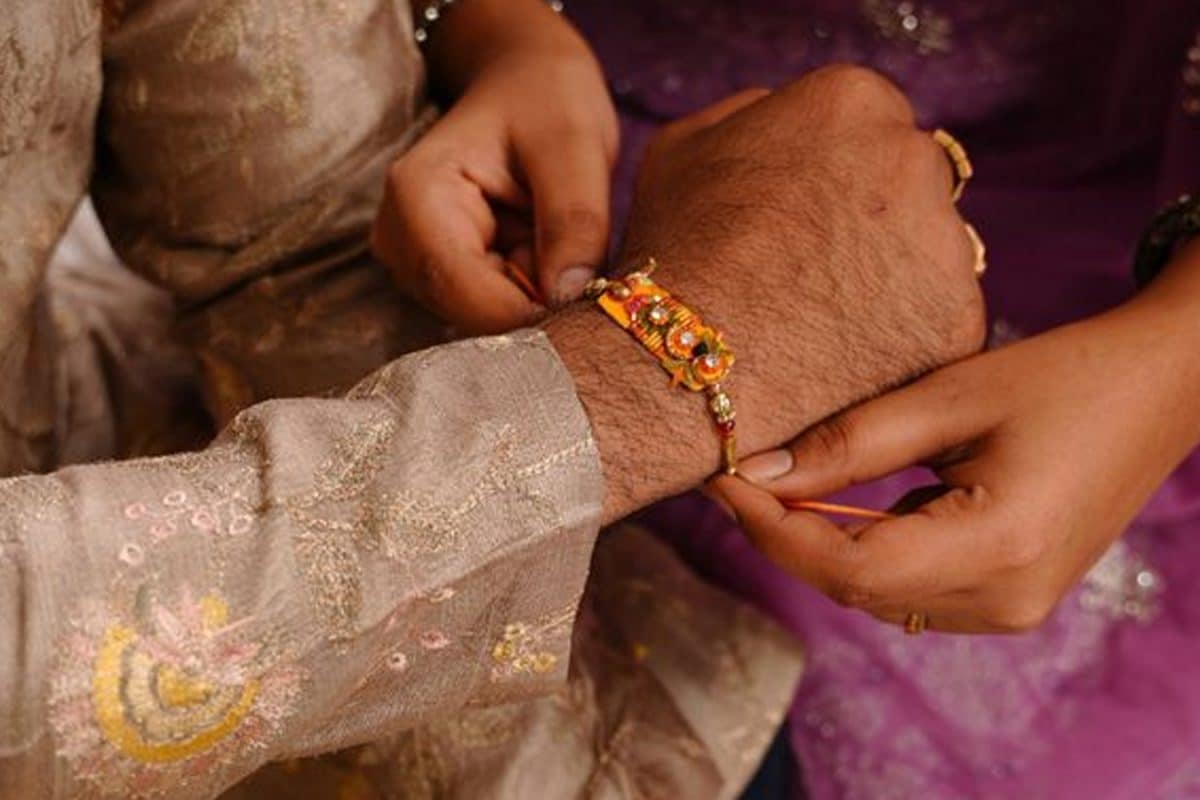

As Raksha Bandhan 2025 approaches on August 9th, the festive spirit is tinged with a poignant reminder of bonds strained by geopolitical borders. For twelve years, families in the Barmer district of Rajasthan, India, have been unable to celebrate the festival with their sisters across the border in Pakistan. The traditional act of tying a rakhi, a sacred thread, symbolizing a brother's promise of protection, remains unfulfilled due to ongoing tensions and restrictions.
Raksha Bandhan, also known as Rakhi, is a significant Hindu festival that celebrates the love and duty between brothers and sisters. The sister ties a rakhi on her brother's wrist, offering prayers for his well-being, and the brother, in turn, promises to protect her from harm. The festival is not just limited to blood relations; it extends to cousins, friends, and even colleagues, emphasizing the universal theme of protection and care. The exchange of gifts and sweets further strengthens these bonds, making it a joyous occasion for families and communities.
However, for some families in the border regions of India and Pakistan, this joy is bittersweet. The partition of India in 1947 created an international border that divided families and communities, leaving many with relatives on opposite sides. Despite the shared culture and history, political tensions have often made it difficult, if not impossible, for these families to maintain contact or celebrate festivals together.
In Barmer, the longing for connection is palpable as Raksha Bandhan nears. Brothers remember the times when their sisters would travel from Pakistan to tie rakhis, and they would exchange gifts and share meals. Now, they hold onto those memories, hoping for a future where they can once again celebrate together. The twelve years without a rakhi have been a stark reminder of the human cost of political conflict.
The situation highlights the broader issue of cross-border families affected by the India-Pakistan divide. Many individuals have been unable to visit their relatives due to strict visa regulations and security concerns. The lack of people-to-people contact has further exacerbated misunderstandings and mistrust between the two countries.
Despite the challenges, there is hope that the situation may improve in the future. Efforts are being made by civil society organizations and individuals to promote dialogue and understanding between the two countries. Some advocate for easing visa restrictions and promoting cultural exchanges to facilitate greater interaction between families and communities.
As Raksha Bandhan 2025 arrives, the brothers in Barmer will once again wait, their hearts filled with a mix of hope and sorrow. They will remember their sisters across the border and pray for a day when they can celebrate the festival together, reaffirming the bonds of love and protection that transcend political boundaries. The story serves as a reminder of the enduring power of family ties and the need for peace and reconciliation between nations.